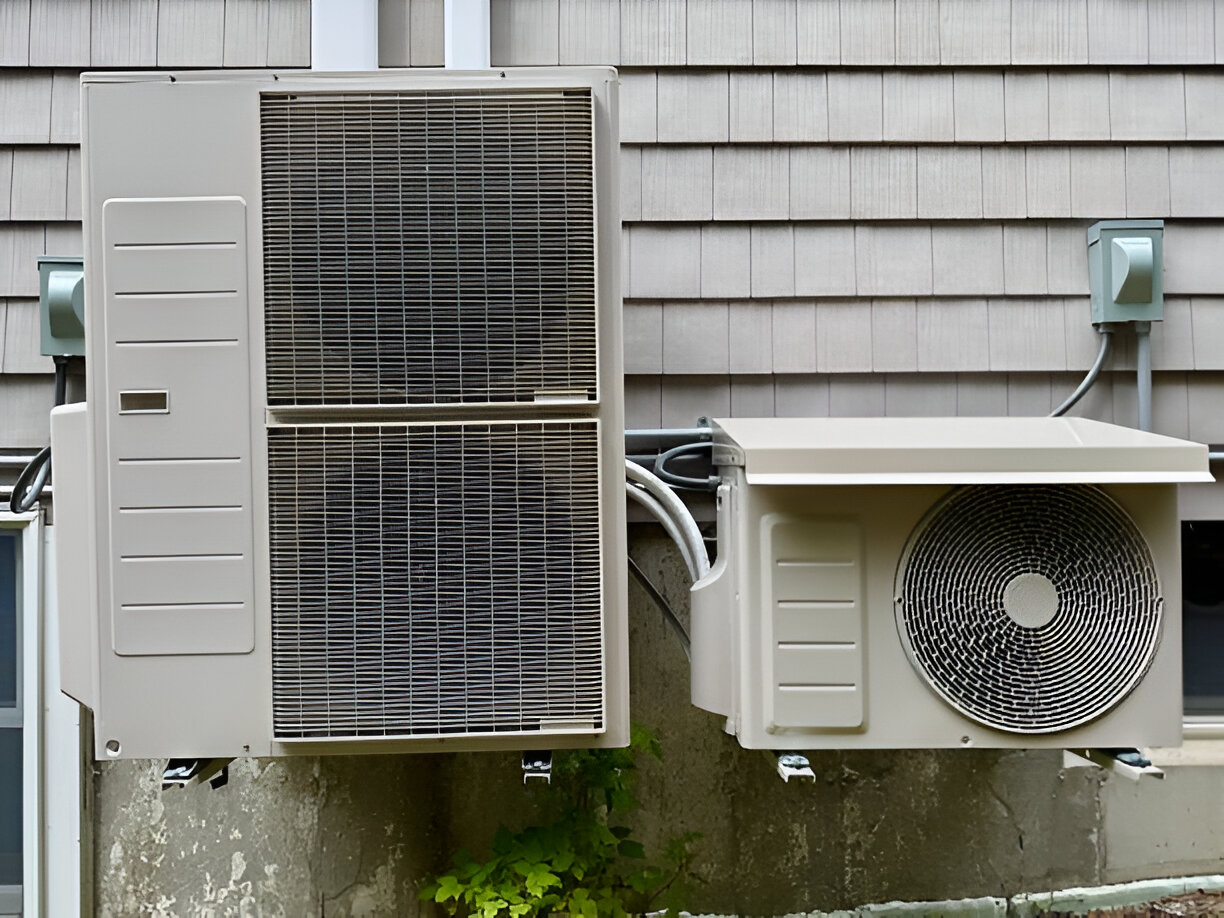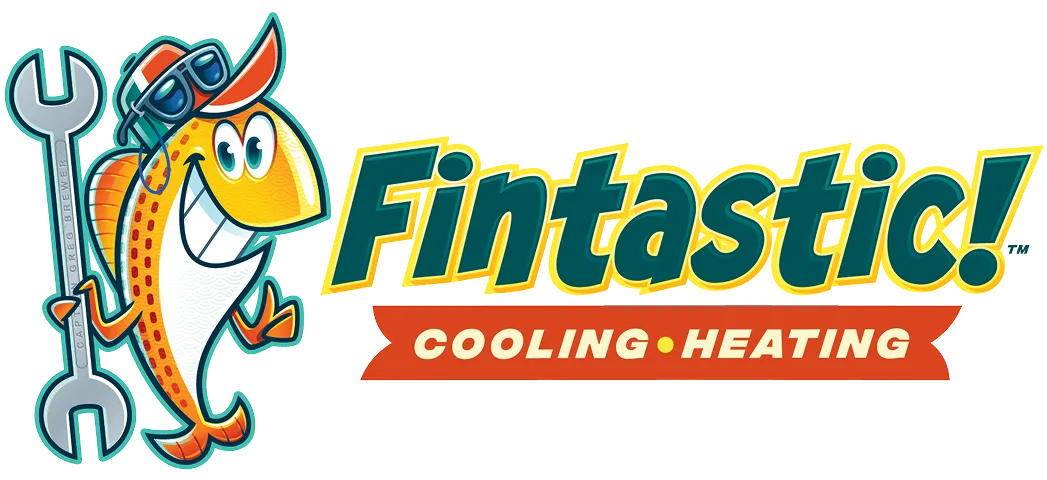Mini Split Repair in Bellaire, TX
Mini Split Repair in Bellaire, TX
A reliable mini split is essential for keeping Bellaire homes comfortable through long, humid summers and sudden heat spikes. Mini split repair in Bellaire, TX focuses on restoring efficient cooling, quiet operation, and safe performance when problems arise. This page explains common mini split issues in Bellaire, how technicians diagnose problems, typical repairs and parts replacements, expected timelines, how warranty situations are handled, emergency service considerations, and maintenance steps to prevent repeat failures.

Why mini split repair matters in Bellaire, TX
Bellaire’s hot, humid climate and frequent heavy use of cooling systems accelerate wear on mini split components. High humidity can cause condensate clogs and corrosion; persistent summer operation stresses compressors and electronic controls. Timely repair restores efficiency, lowers energy bills, prevents indoor humidity problems, and reduces the risk of costly component failure during peak season.
Common mini split issues in Bellaire, TX
- Weak cooling or no cooling: often caused by low refrigerant (leaks), failing compressor, faulty expansion valve, or airflow obstruction.
- Noisy operation: rattles, grinding, or high-pitched whines originate from failing fan motors, loose mounts, compressor issues, or failing inverter electronics.
- Water leaks and condensate problems: clogged condensate drains, blocked drain pans, or improper piping slope lead to indoor leaks and mold risk in humid Bellaire homes.
- Electrical faults and tripped breakers: bad capacitors, relays, or wiring faults that occur from heat stress or power fluctuations.
- Intermittent operation or cycling: sensor failures, control board issues, or incorrect refrigerant charge causing frequent on/off cycles.
- Odors and indoor air quality problems: bacterial or mold growth in coils and drain pans aggravated by high humidity.
Diagnostic approach: what a technician will do
Technicians follow a systematic diagnostic process to locate the root cause before recommending repairs:
- Visual and operational inspection of indoor and outdoor units for obvious damage, debris, or ice buildup.
- Review of system history and symptoms (when the issue started, noise patterns, frequency).
- Airflow tests and temperature split measurements across the indoor coil to confirm cooling performance.
- Electrical tests with multimeters to check voltage, current draw, capacitors, and control signals.
- Refrigerant pressure checks with gauges to identify undercharge or overcharge and locate potential leaks.
- Leak detection using electronic detectors, UV dye, or soap testing on fittings.
- Condensate and drain inspection to clear clogs and verify proper slope and drainage.
- Component-level checks for compressor vibration, fan motor bearings, and PCB diagnostics.
Technicians commonly document findings with photos and readings to support warranty claims or future maintenance records.
Typical repairs and parts replacement
Common repair actions for mini split systems in Bellaire include:
- Refrigerant leak repair and recharge: locating and repairing leaks in lines or fittings, vacuuming and recharging to correct charge per manufacturer specs.
- Compressor replacement or repairs: required when compressor failure occurs, typically a major job with refrigerant recovery and system evacuation.
- Outdoor/indoor fan motor replacement: restores airflow and reduces noise.
- PCB/inverter board replacement: fixes control and variable speed problems that cause erratic operation.
- Expansion valve or metering device replacement: for improper refrigerant flow and low cooling performance.
- Condensate drain clearing and drain pan repair/replacement: to stop water leaks and reduce mold risk.
- Sensor and thermostat replacement: for inaccurate temperature reporting and cycling issues.
- Sealing and insulating refrigerant lines and electrical connections: prevents future leaks and corrosion.
Technicians generally recommend OEM parts for longevity and compatibility with inverter-driven mini splits.
Expected repair durations
Repair durations vary by severity and parts availability:
- Quick service items (filter cleaning, condensate unclogging, simple electrical resets): 30 to 90 minutes.
- Component swaps like fan motors, sensors, or PCBs: 1 to 3 hours onsite, depending on access and configuration.
- Refrigerant leak location, repair, evacuation, and recharge: 3 to 6 hours typically; extensive line replacement or brazing can take longer.
- Compressor replacement or major system rebuilds: 4 to 8+ hours and possibly multi-day if parts must be ordered or special tooling is required.
Permitting is rarely required for residential mini split repairs, but EPA-certified refrigerant handling is required for any refrigerant work.
Warranty handling and documentation
Manufacturer warranties commonly cover defective parts for a set period; labor warranties vary by installer or provider. When handling warranty situations:
- Verify model and serial number, original installation date, and warranty terms before repair.
- Document failure with photos, diagnostic readings, and a clear description of symptoms; this supports manufacturer claims.
- Use OEM replacement parts when warranty requires original components.
- Explain whether the warranty covers refrigerant loss or only parts; many warranties exclude refrigerant recharge after leak periods.
- Keep thorough service records; regular maintenance often preserves warranty eligibility.
Homeowners should retain purchase and installation documentation to streamline warranty claims.
Emergency service and stabilization tips
Mini split emergencies in Bellaire—complete loss of cooling during heat waves or active refrigerant leaks—require prompt attention. Emergency service availability typically means same-day diagnostics or after-hours stabilization guidance. For homeowners facing a sudden failure:
- Turn the system to fan-only mode to circulate air without running the compressor if overheating or noise is present.
- If there is visible refrigerant oil or water leaking, power the unit off and place towels or a container to catch water.
- Clear vegetation and debris around the outdoor unit for airflow.
- Avoid attempting refrigerant repairs yourself; refrigerant work must be handled by certified professionals.
Emergency visits prioritize stabilizing the system and preventing further damage before completing full repairs.
Maintenance recommendations to prevent repeat problems
Proactive maintenance is the best defense against repeat mini split repairs, especially given Bellaire’s climate:
- Clean or replace filters every 1 to 3 months during heavy use.
- Schedule professional tune-ups at least once a year; for Bellaire, spring and fall inspections are ideal to prepare for summer and address humidity-related issues.
- Have coils and condensate drains cleaned annually to prevent clogs and mold buildup.
- Check and secure refrigerant line insulation and outdoor unit mounting annually to prevent corrosion and vibration damage.
- Verify electrical connections and capacitor health during inspections to prevent sudden failures.
- Consider installing a surge protector for outdoor units in hurricane-prone areas to protect sensitive inverter electronics.
- Maintain clearance around condensing units and trim nearby foliage to prevent airflow restrictions and debris buildup.
Regular maintenance reduces emergency repairs, extends system life, and preserves efficiency in Bellaire’s demanding environment.
Final note on benefits of timely repair
Prompt mini split repair in Bellaire, TX restores comfort, preserves energy efficiency, and prevents small issues from becoming major failures. A focused diagnostic, correct parts replacement, thoughtful warranty handling, and climate-aware maintenance keep your mini split performing reliably throughout Bellaire’s hot, humid seasons.
Customer Testimonials
Our customers praise our exceptional service and attention to detail, consistently exceeding expectations.































































